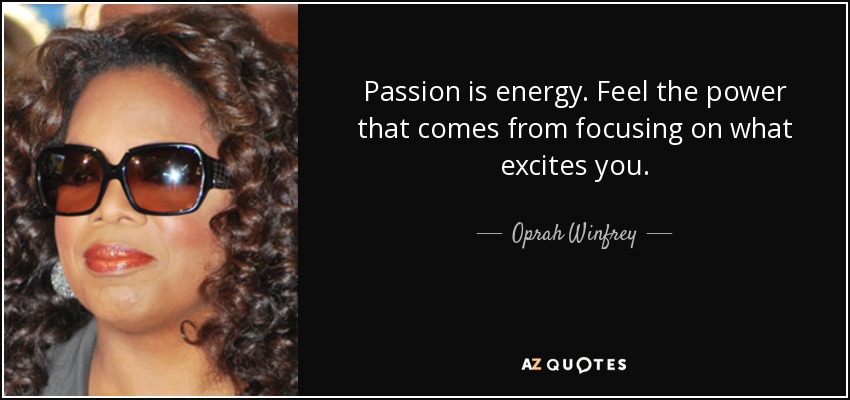Click here to return to Blog Post Intro
John the Baptist Served God with Gusto
The best single word to describe John the Baptist might be the word “passion.” John’s passion began even before he was born. He leaped in his mother’s womb when Mary spoke of her pregnancy (Luke 1:41). His passion for God grew so great, that before he began his public ministry, he lived alone in the desert, wearing camel’s hair and a leather belt and eating locusts and wild honey (Matthew 3:4). He was a radical and didn’t shy away from that image.
John needed passion to fulfill his God-given calling. Every pioneer needs passion. I see this with the engineers and scientists and NASA, who have an innate desire to explore. They aren’t satisfied with mere maintenance or the status quo. They want to advance and progress on our “Journey to Mars.”
What gave John his passion?
- He spent time in solitude. Before John began his public ministry, he lived in the wilderness and spent a lot of time with God. He boiled with the presence of God and could hardly stay quiet.
- He felt consumed with his mission. John knew Jesus’ identity and urgently tried to prepare the way for Him.
- He possessed a magnetic temperament and wiring. John is described as a voice crying out (Luke 3:4) and as an exhorter (3:18). Like a magnet, he attracted some and repelled others.
- He possessed a strong sense of justice. When people asked John what they should do, he told them to do justice (Luke 3:10-14). This hunger for justice drove him. He wouldn’t sit still until he saw results.
- He saw things as black and white. Like others with prophetic gifts, John saw most issues as either black or white. While this may seem narrow, this is part of what gave John his passion.
- He felt dissatisfied with anything but action. John was a doer. He didn’t want people to merely talk about repentance and faith. He told the Pharisees they should bring forth fruit to prove their repentance.
Absalom Ruins His Own Cause
2 Samuel 13:22 tells us that Absalom was irate when his step-brother Amnon on raped his sister Tamar; and his father, David, did nothing about it. His fury grew the longer the king delayed justice. Further, Absalom tried and failed to get an audience with his father. It was as though David had abandoned his role as spiritual leader over his family.
Absalom got everyone’s attention first by murdering Amnon (2 Samuel 13:37-38) then by setting General Joab’s field on fire (14:30). Despite his actions, Absalom couldn’t get the fatherly attention he wanted so desperately. Past the boiling point, he used his passion to sabotage his father’s leadership. In the end, Absalom died a maverick whose passion went awry.
From Absalom’s story in 2 Samuel 13-18, look for these lessons about passion gone bad:
- Passion without perspective brings death (13:22-29).
- Passion will find expression–either in healthy or unhealthy ways (14:28-30).
- People follow passion over orthodoxy, even when it’s unwise (15:1-12).
- Leaders who follow passion defeat leaders who follow protocol (15:13-14).
- Self-centered passion always skews the judgment of a leader (16:22).
- Unchanneled and unbridled passion damages everyone near it (17 & 18).
- When passion outweighs wisdom, leaders sabotage themselves (18:9).
How can you increase your passion?
- Take your temperature. Get an honest assessment from coworkers. Are you passionate about what you do? You can’t start a fire in your organization unless it first burns in you.
- Return to your first love. Many leaders allow life to push them off track. Think back to when you first began your career. What drove you? What made you enthusiastic?
- Associate with people of passion. Birds of a feather flock together. Hot coals stay hot when they remain in the fire. Find passionate people and let them rub off on you.
Passion gives you two vital leadership characteristics: energy and credibility. Pioneering aviator Charles Lindbergh said, “It is the greatest shot of adrenaline to be doing what you have wanted to do so badly. You almost feel like you could fly without the plane.” When you love what you do and do what you love, others find it inspiring.

